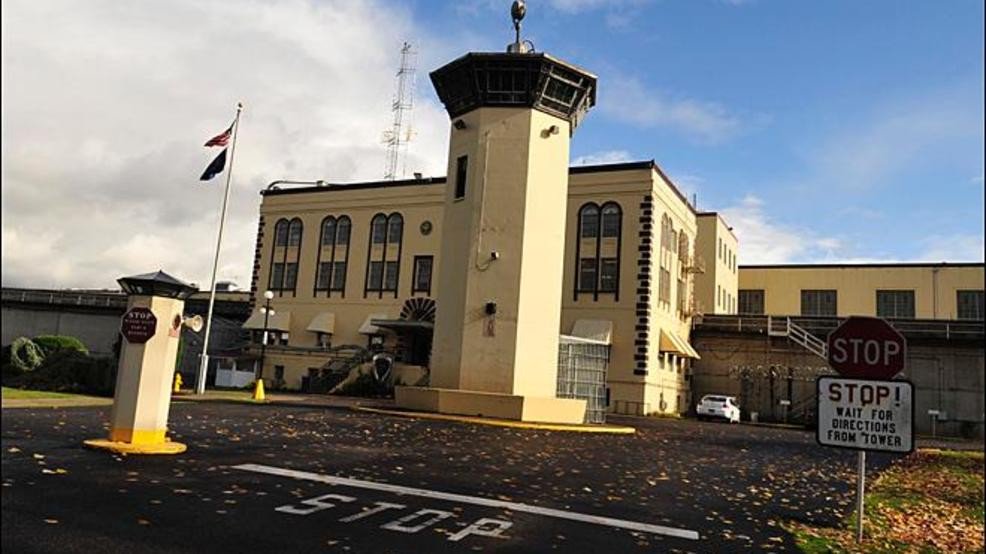Until everyone of voting age is allowed to vote, we can’t claim to be a ‘democracy.’
All modern “democracies” and nation-states divide people into “citizens” and “subjects.” It’s an assumption that’s actually rarely questioned. Some people are allowed to vote, others are not. It’s just a part of life.
In Oregon, this includes all non-citizens and incarcerated people serving time for felony offences, who are stripped of the right to vote.
“Democracies” have a narrative of “progress” that often tracks the expansion of the definition of “citizen.” In the United States, the story is familiar: once excluded from citizenship and political rights, formerly enslaved people, women, Indigenous peoples and the poor have slowly gained access to citizenship.
However, despite this “progress,” the existence of “subjects” remains. Like “citizens,” a “subject” is a person who is governed by a nation’s laws. But “subjects” are denied political rights like the right to vote.
Pending legislation in the Oregon State Legislature (Senate Bill 571/House Bill 2366) would restore the right to vote for people incarcerated for felony offences — and send a statement that “democracy” cannot exist when entire populations remain “subjects” of the law.
According to an analysis of prison population data by Oregon House Majority Leader Barbara Smith Warner and Senate President Peter Courtney, Oregon’s policy strips some 12,548 people of the franchise, as of March 2021.
A wave of reforms has hit the country to restore the right to vote for incarcerated people and people convicted of felonies. All states other than Vermont and Maine however still disenfranchise at least some people with a felony conviction, according to The Appeal. “The passage of HB 2366/SB 571 would serve as a model,” writes Warner and Courtney. “The time is right for the state to advance this reform—to expand the electorate and strengthen democracy in order to represent all individuals and all communities in Oregon.”
It’s a question of basic democratic rights.
“Until people in prison can vote,” writes the Sentencing Project, “they cannot hold officials accountable for decisions affecting them.”
One incarcerated advocate described the disenfranchisement in Oregon as a “loss of citizenship.” They are not wrong. Though technically still “citizens” under the law, the stripping of the most basic political right effectively transforms these people serving time into mere “subjects” of Oregon law.
“This new bill,” writes the Oregon Justice Resource Center, “seeks to overturn decades of disenfranchisement of incarcerated Oregonians which disproportionately silences the voices of Black and Indigenous people.”
“Although the practice of denying voting rights to people in prison is widespread in the US,” Oregon Justice Resource Center continues, “it has little basis beyond a historical desire to silence the voices of the incarcerated. There is no safety or security risk in allowing incarcerated people to vote. In fact, permitting Oregonians in prison to vote could help restore and protect their connection to their communities, feeling part of the wider society to which almost all of them will one day return. Strengthening incarcerated people’s connections to their communities outside prison is well established as tending to reduce reoffending rates after incarceration.”
Until everyone of voting age is allowed to vote, we can’t claim to be a “democracy.”

